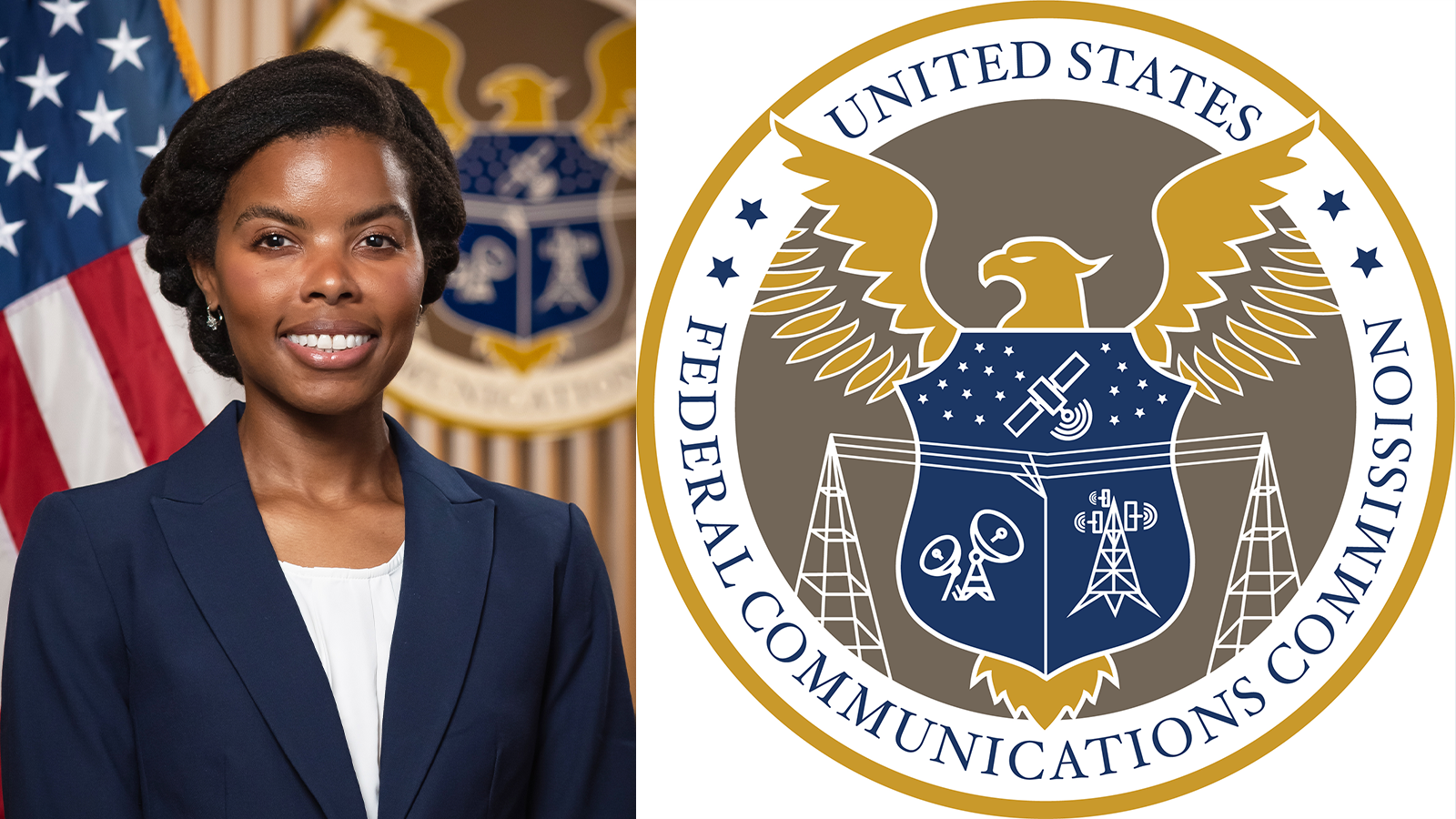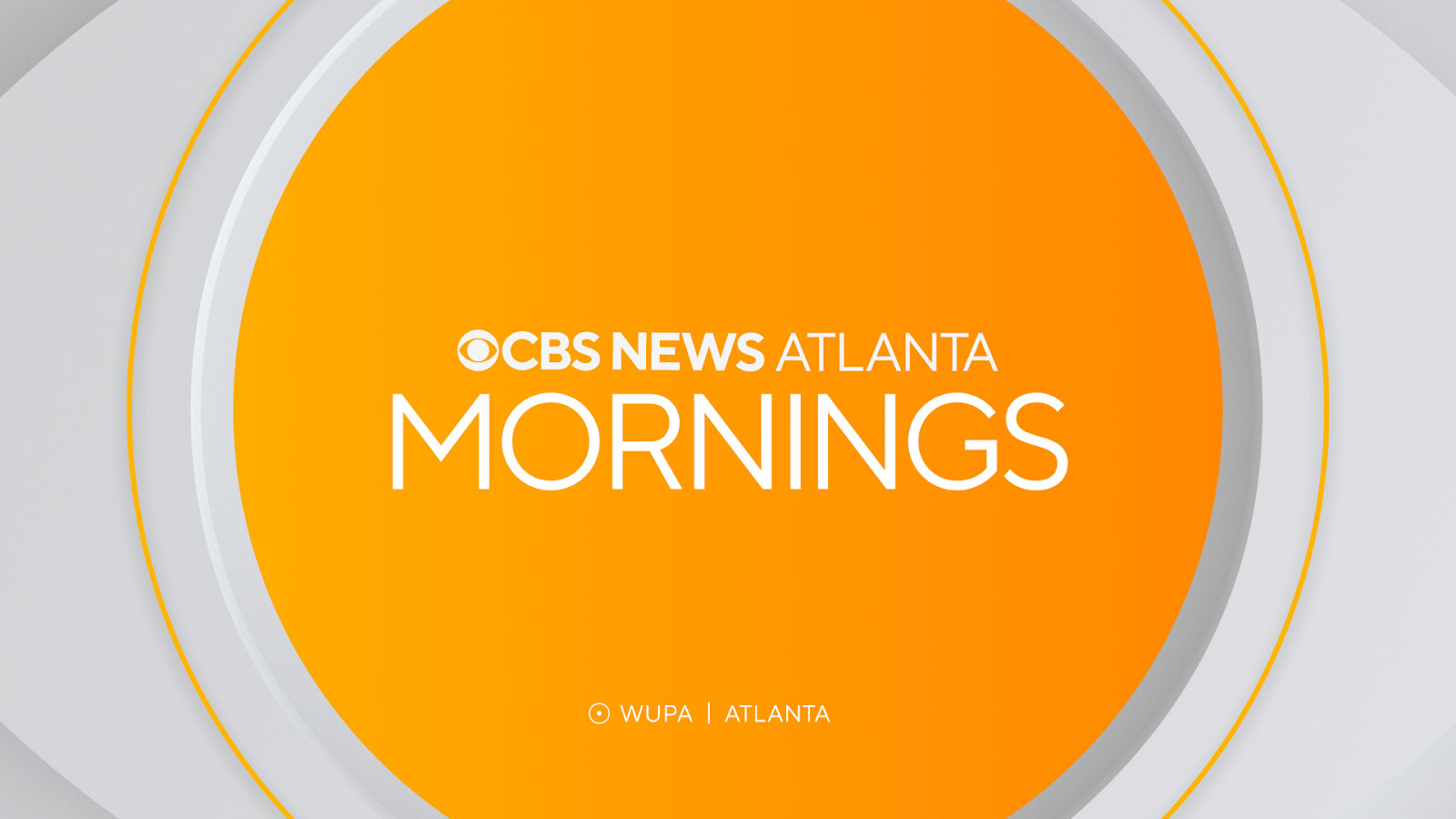FCC’s Olivia Trusty Affirms Its Power to Enforce Public-Interest Standards on Broadcasters
In ‘Free Speech America Gala’ speech, Republican argues agency’s role should be to ‘foster an environment that empowers broadcasters’ to ‘voluntarily’ comply

WASHINGTON—FCC Commissioner Olivia Trusty has weighed in on one of the controversial issues facing the agency, with remarks at The Media Institute’s Free Speech America Gala asserting the FCC’s power to enforce “public interest” standards and “news distortion” policies on broadcasters.
At the same time, she also argued that regulators need to tread cautiously on those issues and said her preferred approach would be market-driven and voluntary, with the Federal Communications Commission creating "an environment that empowers them to do so voluntarily."
The remarks are important because FCC Chair Brendan Carr, Trusty’s fellow Republican, has vigorously asserted the agency’s power to regulate broadcast news coverage and has opened a number of investigations of TV stations and network programming for alleged violations of the public interest standard and “news distortion.”
That position overturns longstanding FCC policy of not attempting to regulate broadcast content because that would violate First Amendment free-speech rights.
Currently, the FCC is investigating complaints against ABC, CBS and NBC affiliates for “news distortion” in their coverage of President Donald Trump. Carr also threatened to pull licenses from affiliates that aired “Jimmy Kimmel Live!” after Kimmel made controversial comments about the assassination of Charlie Kirk.
In her remarks, Trusty said, “At an event called the “Free Speech America Gala, it seems fitting to begin with an issue that has been much in the news—the First Amendment and broadcasting.
“At the FCC, our regulatory and oversight responsibilities span the media and communications sectors, which means that protecting the First Amendment is paramount to our policy work,” she said. “Yet, as many of you know, in the broadcasting context, the interplay between constitutional protections for speech and the requirements of the Communications Act can be uniquely complex.”
The professional video industry's #1 source for news, trends and product and tech information. Sign up below.
She compared this complexity of free speech for broadcasters to walking out on a frozen lake. “At first as you step on it, the surface feels solid,” Trusty said. “But, as you continue to move forward, the ice groans underfoot. Cracks spread. You can’t always see how thick the ice is beneath your feet, or whether it will hold if you take that next step. That is because, under existing precedent, broadcasting is treated differently than most Americans might expect.”
“Yes,” she continued, “the First Amendment still applies—both by its own terms, and as confirmed by Section 326 of the Communications Act. But in broadcasting, content-based regulation that would be unthinkable in other contexts is indeed permitted under longstanding doctrine. Congress placed public-interest obligations on broadcasters when it entrusted them with use of the public airwaves. Federal law restricts the broadcasting of obscenity, indecency, and profanity. Section 315 of the Communications Act imposes equal opportunity obligations on broadcasters once they grant access to one candidate for a political office.”
She also noted that “the FCC has a policy against news distortion, which prohibits broadcast station licensees from deliberately manipulating, slanting, or rigging the news” and defended the agency’s right to enforce those policies as being “grounded in the statute and decades of precedent. The Supreme Court has long recognized that the public interest standard is guided by the purposes of the Communications Act and the requirements it imposes.”
After discussing some of the cases and legal complexities of the issue, she highlighted her preference for a “voluntary” approach to enforcement.
“Walking this frozen lake requires careful judgment,” she said. “At what point are you still on solid ground, enforcing clear statutory requirements? At what point do the cracks appear, signaling that the ice might not hold? Navigating these questions requires a thoughtful, deliberate approach. For me, the preferred path is clear: when the marketplace, through the choices of individual licensees, advances the public interest, that is the best outcome, for the First Amendment, the Communications Act, and our constitutional republic. Most broadcasters take their public interest obligations seriously. Our role should be to foster an environment that empowers them to do so voluntarily.”
This, she added, raises “a larger question: how do we create an environment where the marketplace itself produces outcomes that serve the public interest and respect the First Amendment? Not just in broadcasting, but across the communications landscape?”
Her answer to that thorny question is for the FCC to create an environment that fosters innovation.
To create that environment she laid out several priorities that included: the FCC’s current push to eliminate outdated rules and legal barriers; FCC efforts to auction spectrum and ensure it is efficiently used; international collaboration that encourages new technologies and free speech; and generally “celebrate innovation.”
“Free speech and innovation are not separate stories,” she concluded. “They are two sides of the same coin. Free expression fuels innovation, because ideas only flourish when they can be tested, debated, and challenged. And innovation safeguards free expression, because new technologies give people more ways to speak, to listen, and to be heard.”
George Winslow is the senior content producer for TV Tech. He has written about the television, media and technology industries for nearly 30 years for such publications as Broadcasting & Cable, Multichannel News and TV Tech. Over the years, he has edited a number of magazines, including Multichannel News International and World Screen, and moderated panels at such major industry events as NAB and MIP TV. He has published two books and dozens of encyclopedia articles on such subjects as the media, New York City history and economics.

